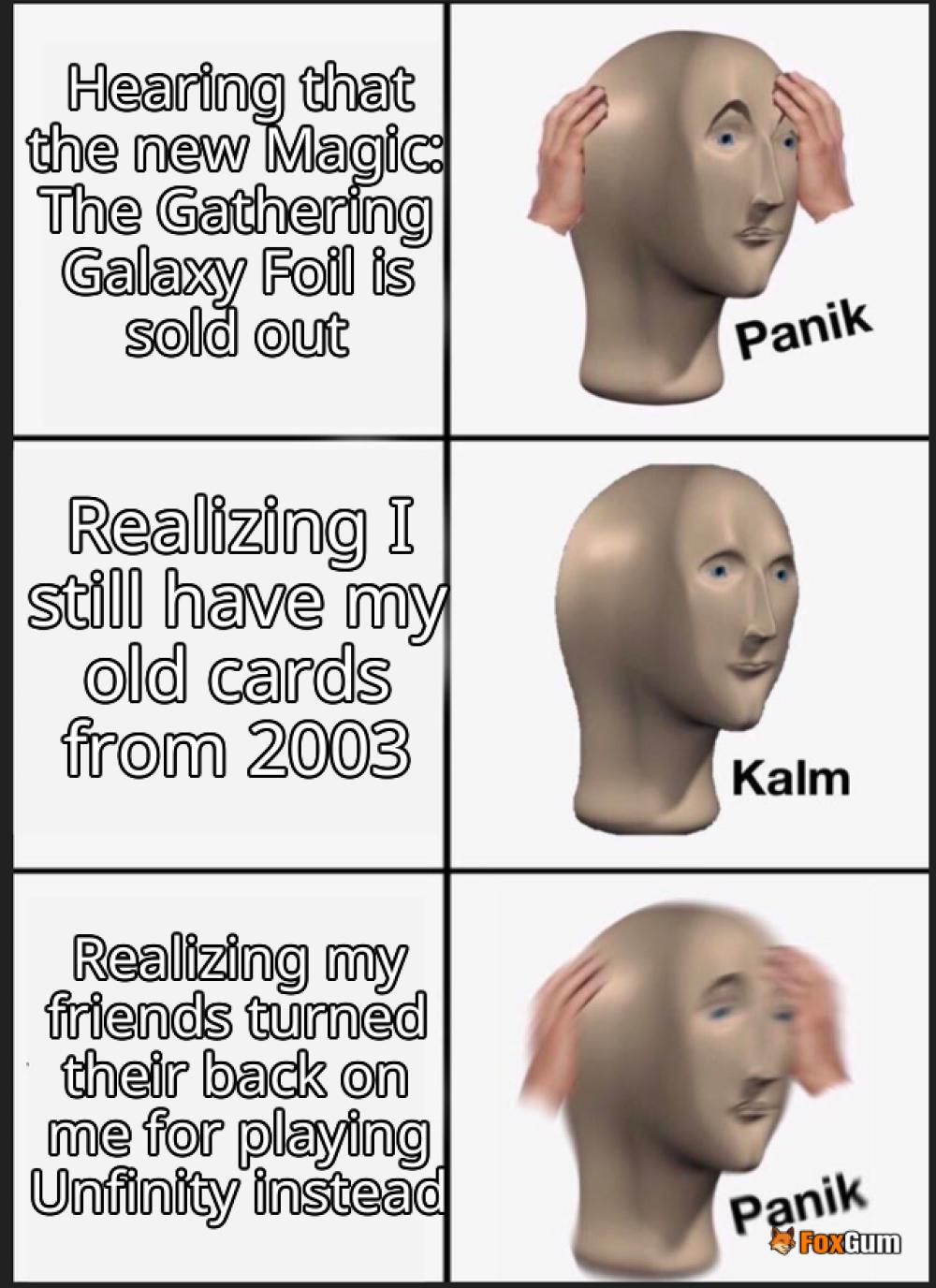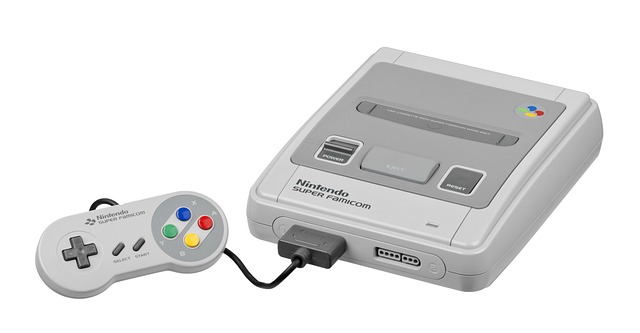
Game Optimization Is Dead
Game Optimization Is Dead
In the vibrant world of gaming, where every pixel and frame counts, the term "game optimization" has become a ghost of its former self. Once a hallmark of quality, it now feels like a distant memory, leaving many gamers feeling frustrated and disillusioned. Let’s dive into this phenomenon and explore why game optimization seems to be fading away.
The Rise and Fall of Game Optimization
Not too long ago, game optimization was a badge of honor for developers. They would tirelessly work to ensure that every title ran smoothly across various platforms, providing gamers with a seamless experience. However, with the advent of multiplatform releases, this meticulous attention to detail has taken a backseat.
Many AAA games are now criticized for their poor optimization, leading to a slew of performance issues that can ruin the gaming experience. Gamers often find themselves grappling with frame rate drops, stuttering graphics, and long loading times. It’s as if the joy of gaming has been overshadowed by the frustration of technical glitches. 😩
Why Is This Happening?
One of the primary reasons behind the decline in game optimization is the sheer complexity of modern games. Developers are faced with the daunting task of balancing content, features, and performance. When games are released on multiple platforms, the optimization process can become a tangled web of compromises.
As a result, many gamers feel that the focus has shifted from delivering a polished product to simply getting a game out the door. This shift has led to a growing chorus of voices lamenting the state of game optimization. It’s important to remember that while some games shine brightly, many others fall short of expectations.
What Can Be Done?
So, what can be done to revive the spirit of game optimization? Here are a few ideas:
- Encourage Feedback: Developers should actively seek feedback from the gaming community. Listening to players can provide valuable insights into performance issues and help prioritize fixes.
- Invest in Testing: More extensive testing phases can help identify optimization problems before a game is released. This investment can save time and frustration in the long run.
- Focus on Quality Over Quantity: Rather than pushing out multiple titles in a year, developers might benefit from focusing on fewer, high-quality releases that are thoroughly optimized.
- Embrace Community Mods: The gaming community is often filled with talented individuals who can create mods to improve performance. Embracing this creativity can lead to a more vibrant gaming experience.
Looking Ahead
While the decline of game optimization is disheartening, it’s essential to remain hopeful for the future. The gaming industry is ever-evolving, and with it comes the potential for change. As gamers, supporting developers who prioritize optimization can help shift the tide back towards quality. After all, a well-optimized game can turn a good experience into a truly magical one. ✨
In conclusion, while game optimization may feel like it’s on life support, there’s always room for improvement. By fostering communication between developers and gamers, investing in quality, and embracing community contributions, we can breathe new life into this vital aspect of gaming. Let’s keep the conversation going and strive for a future where every game runs as beautifully as it should!

















 Sussex County De Property Search
Sussex County De Property Search 
 Health
Health  Fitness
Fitness  Lifestyle
Lifestyle  Tech
Tech  Travel
Travel  Food
Food  Education
Education  Parenting
Parenting  Career & Work
Career & Work  Hobbies
Hobbies  Wellness
Wellness  Beauty
Beauty  Cars
Cars  Art
Art  Science
Science  Culture
Culture  Books
Books  Music
Music  Movies
Movies  Gaming
Gaming  Sports
Sports  Nature
Nature  Home & Garden
Home & Garden  Business & Finance
Business & Finance  Relationships
Relationships  Pets
Pets  Shopping
Shopping  Mindset & Inspiration
Mindset & Inspiration  Environment
Environment  Gadgets
Gadgets  Politics
Politics 